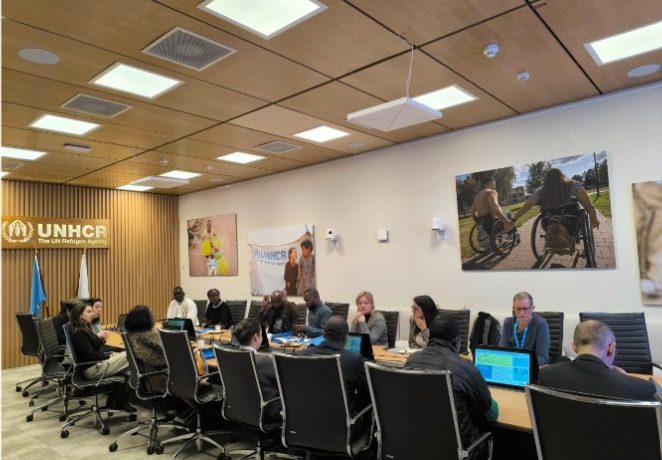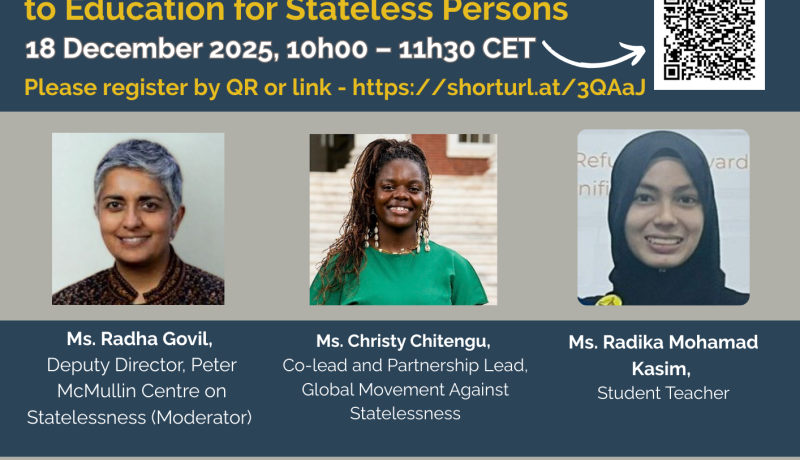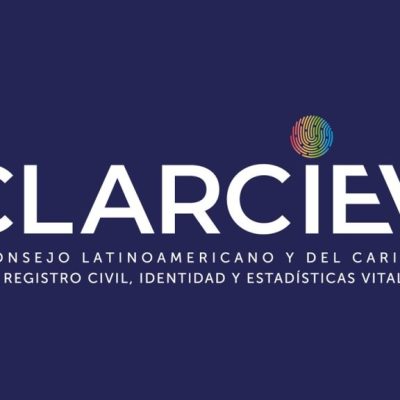Global Alliance to End Statelessness
Make your mark.
Join our new Global Alliance to End Statelessness
To be stateless, is to be denied a nationality. Officially, it’s almost as if you don’t exist. Millions of people are affected around the world, with serious impacts on their ability to enjoy even the most basic rights. However, statelessness is absolutely solvable… forever, for everyone. But change simply isn’t happening fast enough.
This is why we are calling on you to join with us, a diverse group of stakeholders – a Global Alliance to End Statelessness. Together we can catalyse and accelerate change. Because everyone deserves to enjoy the right to a nationality without discrimination.
Sign up now! The official launch of the Global Alliance took place on 14 October 2024 in Geneva at the High-Level Segment on Statelessness, on day one of UNHCR ExCom.
We need coordinated and collaborative action.
That’s why we are looking to bring together people with the energy, talent and power to make a difference. Convening stakeholders from right across the world in a spirit of openness, equality, and collaboration.
IntroductionWe need to act with bold pragmatism.
That’s why we are capacitating members with tools for focused and effective collaboration. So we can unite as a collective – listening to and learning from one another, exchanging ideas, and joining the dots in exciting and innovative new ways.
Knowledge HubWe need to consign Statelessness to history.
We will not rest until this happens. Acting together to identify and respond to the gaps in laws, policies and practice that are creating new cases of statelessness and letting existing situations linger
ActivitiesPast webinars
Knowledge Webinar 5 – Unlocking Futures: Realizing the Right to Education for Stateless Persons
18 December 2025 10:00-11:30 CEST
The fifth session, Unlocking Futures: Realizing the Right to Education for Stateless Persons, organized by the respective Global Alliance Thematic Working Group, took place on 18 December 2025, 10h00 – 11h30 CET. It served to commemorate Human Rights Day on 10 December, underscoring the right to education as a core human right that must be guaranteed for all, including stateless persons. The webinar brought together States, civil society, stateless-led organizations and partners to showcase good practices and spark collaborative efforts to ensure that no stateless person is left behind.
Knowledge Webinar 4: Addressing Gender Discrimination in Nationality Laws and Policies
2 December 2025 14:00-15:30 CEST
The fourth session, Addressing Discriminatory Nationality Laws and Policies, organized by the respective Global Alliance Thematic Working Group, took place on 2 December 2025, 14:00–15:30 CET. It explored how gender‑discriminatory nationality laws, policies, or practices cause and perpetuate statelessness, and what could be done to combat them.
Knowledge Webinar 3: Fundraising for Impact: Mobilizing Resources to End Statelessness
20 November 2025 14:00-15:30 CEST
The third session, Fundraising for Impact: Mobilizing Resources to End Statelessness, took place on 20 November 2025, 14:00-15:30 CET. It aimed to strengthen fundraising capacities and share practical experiences from funders and organizations that have successfully mobilized resources for statelessness work. This interactive session explored how to connect advocacy goals with donor priorities, translate pledges into action, and access new and innovative funding opportunities.
6 February 2026

Call for Applications: UNHCR Global Advisory Board of Organizations Led by Forcibly Displaced and Stateless Persons
The United Nations High Commissioner for Refugees (UNHCR) has launched a Call for Expression of Interest for its Global Advisory Board of Organizations Led by Forcibly Displaced and Stateless (2026–2028). We strongly encourage stateless-led organizations within the Global Alliance network and beyond to apply by 8 February and bring their expertise and lived experience to this important global platform.
more8 January 2026

Realizing the Right to Education for Stateless Persons
On 18 December 2025, Radha Govil, Deputy Director of the Peter McMullin Centre on Statelessness and Co-lead of the Thematic Working Group (TWG) on Protecting the Rights of Stateless Persons, moderated the fifth and final Global Alliance webinar of the year: “Unlocking Futures: Realizing the Right to Education for Stateless Persons.”
more5 December 2025

Latin American and Caribbean Civil Registration Week: An Initiative Ensuring Identity for All
The Latin American and Caribbean Council for Civil Registration, Identity, and Vital Statistics (CLARCIEV) is the organization behind the campaign “Latin American and Caribbean Civil Registration Week,” held from September 1 to 16, 2025, and which sought to safeguard the fundamental right to identity.
Under the slogan “Latin America and the Caribbean, a region without invisible people: identity for all!”, CLARCIEV intensified its efforts to register births, covering both children and adults who still lacked a birth certificate. As a result of the campaign a total of 32,177 birth registrations were performed.
3 November 2025

One Year On: The Movement’s Journey Within the Global Alliance to End Statelessness
Proximity and privilege deeply shape whose voices are heard in the global struggle to end statelessness. For millions of stateless people, barriers such as geography, limited resources, and lack of access to documentation mean exclusion not only from their governments but also from the global humanitarian and advocacy spaces that claim to represent them. Meanwhile, those with passports and institutional power often move freely within international systems that remain inaccessible to the very people they aim to serve.

